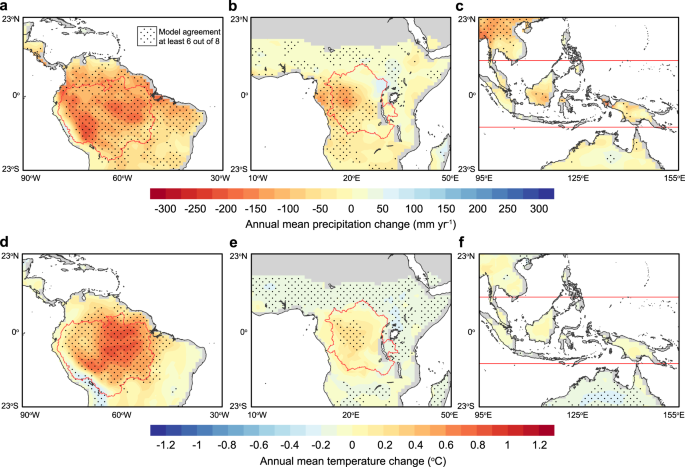2022-04-11 イリノイ大学アーバナ・シャンペーン校
研究者らは、イリノイ州の数百の気象環境にまたがる 26 年間の除草剤評価データから、ダイズの収量減少につながる要因を分析した。シーズン後半の雑草防除が不十分な場合(76%未満)には、41%もの収量減につながった。また、干ばつや暑さが続くと、高レベルの雑草防除(最大93%)でも大幅な収量減を防ぐことはできませんでした。
<関連情報>
- https://aces.illinois.edu/news/climate-change-demands-near-perfect-weed-control-soybean
- https://www.sciencedirect.com/science/article/pii/S0048969722018575?via%3Dihub
雑草コントロールの悪化と変わりやすい天候は、将来的に大豆の収量損失を大きくすることが予想される Deteriorating weed control and variable weather portends greater soybean yield losses in the future
Christopher A.Landau,Aaron G.Hager,Martin M.WilliamsII
Science of the Total Environment Published:15 July 2022
https://doi.org/10.1016/j.scitotenv.2022.154764

Abstract
Since the 1950’s much of the US soybean growing region has experienced rising temperatures, more variable rainfall, and increased carbon emissions. These trends are predicted to continue throughout the 21st century. Variable weather and weed interference influence crop performance; however, their combined effects on soybean yield are poorly understood. Using machine learning techniques on a database of herbicide trials spanning 28 years and 106 weather environments we modeled the most important relationships among weed control, weather variability, and crop management on soybean yield loss. When late-season weeds were poorly controlled, average soybean yield losses of 48% were observed. Additionally, when weeds were not completely controlled, low rainfall and high temperatures during seed fill exacerbated soybean yield loss due to weeds. Since much of the US soybean growing region is heading towards drier, warmer conditions, coupled with growing herbicide resistance, future soybean yield loss will increase without significant improvements in weed management systems.



